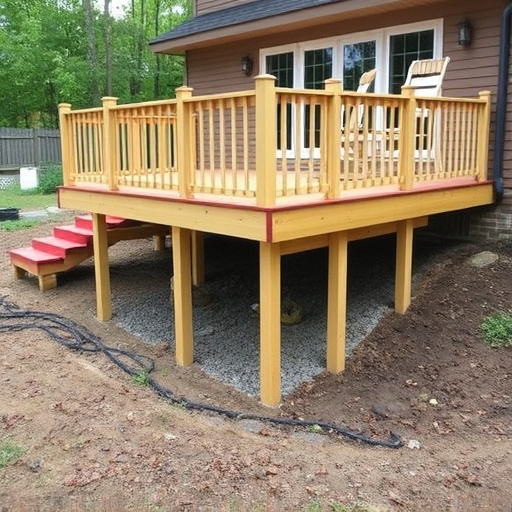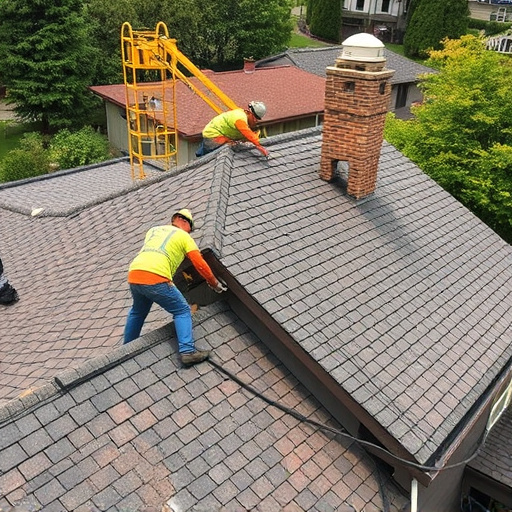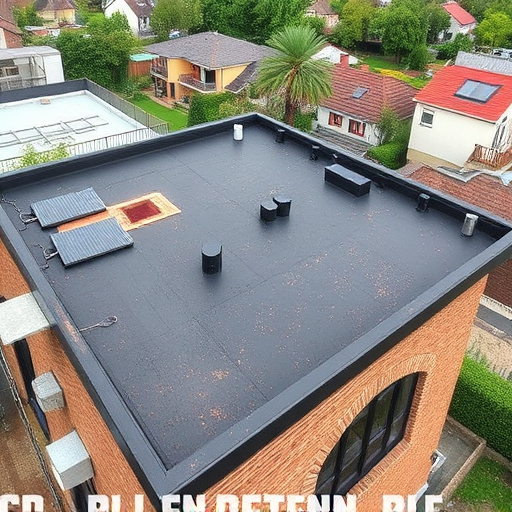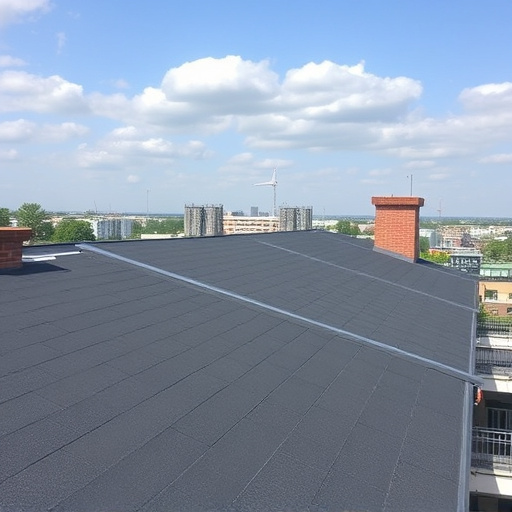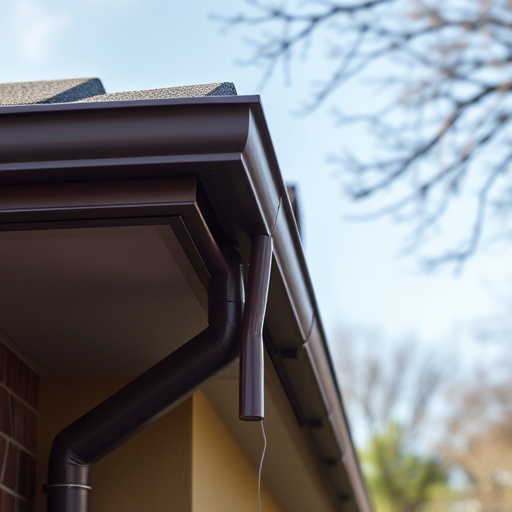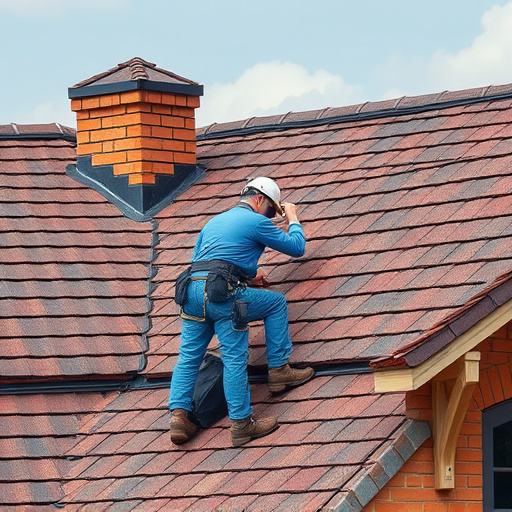Homeowners hiring a siding contractor should prioritize clear communication, professionalism, and proper licensing (state/local), permits, insurance (workers' comp & liability). Avoid unresponsiveness, lack of transparency, and unfriendly behavior. Select a contractor with evidence of skilled labor and high-quality, durable materials suitable for local climate. Request references to ensure reputation and adherence to industry standards, preventing costly mistakes and ensuring peace of mind.
When it comes to choosing a siding contractor, homeowners must be vigilant. This guide highlights critical red flags to avoid. Unprofessional communication, lack of proper licensing, permits, and insurance, as well as poor workmanship and materials, are key indicators to steer clear of. Ensure your investment is protected by selecting a contractor with an impeccable track record and adhering to industry standards for quality and safety.
- Unprofessional Communication and Customer Service
- Lack of Licensing, Permits, and Insurance
- Poor Quality Workmanship and Materials Used
Unprofessional Communication and Customer Service

Unprofessional communication and customer service are red flags that homeowners should look out for when dealing with a siding contractor. A reliable contractor should be responsive to your inquiries, providing clear and detailed information about their services, pricing, and timelines. They should also demonstrate a willingness to listen to your concerns and offer tailored solutions to meet your specific needs. If a contractor fails to maintain open lines of communication or exhibits unfriendly behavior, it could indicate a lack of professionalism and commitment to customer satisfaction.
In the event of storm damage repair or roofing services, effective communication becomes even more critical. Homeowners may find themselves in urgent situations requiring siding repairs or replacements due to severe weather events. A contractor who promptly addresses your concerns, offers transparent estimates, and keeps you informed throughout the process is essential. Unprofessionalism in these areas can lead to delays, unexpected costs, and a subpar finish, leaving homeowners vulnerable to further damage and dissatisfied with their choice of contractor.
Lack of Licensing, Permits, and Insurance
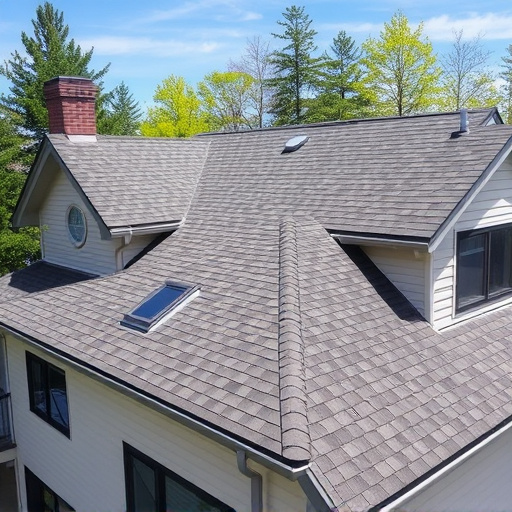
When hiring a siding contractor, one of the critical red flags to look out for is their failure to obtain the necessary licenses, permits, and insurance. These are essential safeguards that protect both the contractor and the homeowner from potential risks and financial burdens. A reputable siding contractor should be licensed by the state or local authority, ensuring they meet specific industry standards and regulations. This license verifies their competence, knowledge, and adherence to safety protocols.
Additionally, permits are required for any construction work, including siding installation, as they ensure compliance with building codes and regulations. Homeowners should request evidence of current permits for the project. Insurance is another vital aspect; a qualified contractor should carry workers’ compensation insurance to protect employees and liability insurance to safeguard against property damage or personal injury during the job. Lack of these essential documents could indicate an unprofessional or unethical business, potentially leading to costly mistakes for homeowners. Opting for licensed and insured contractors ensures peace of mind and high-quality home exterior services, whether it’s residential or commercial siding projects.
Poor Quality Workmanship and Materials Used
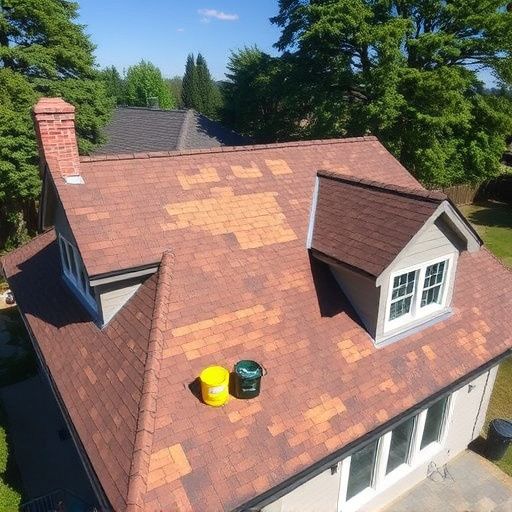
When hiring a siding contractor, one of the most significant red flags to watch out for is poor quality workmanship and materials used. A professional siding contractor should employ skilled labor and utilize high-quality materials that are durable and suitable for your specific climate and environment. Substandard work can lead to premature deterioration, increased energy costs, and even structural damage over time. Look for evidence of precise measurements, neat finishes, and proper installation techniques as indicators of quality craftsmanship.
Avoid contractors who cut corners by using low-quality materials or inexperienced workers. While initial costs may be attractive, these shortcuts can result in costly repairs or replacements down the road. It’s essential to ensure that the siding contractor you choose is reputable and uses industry-standard practices, focusing on both aesthetic appeal and long-term functionality. Consider requesting references from previous clients who can vouch for the quality of their commercial or residential siding projects, including any siding repairs they’ve conducted.
When hiring a siding contractor, it’s crucial to steer clear of red flags like unprofessional communication, lack of proper licensing and insurance, and subpar workmanship. These issues can lead to costly repairs and disappointments down the line. Always verify their credentials and ask for references before signing any contracts to ensure a smooth and successful siding installation or repair project.
